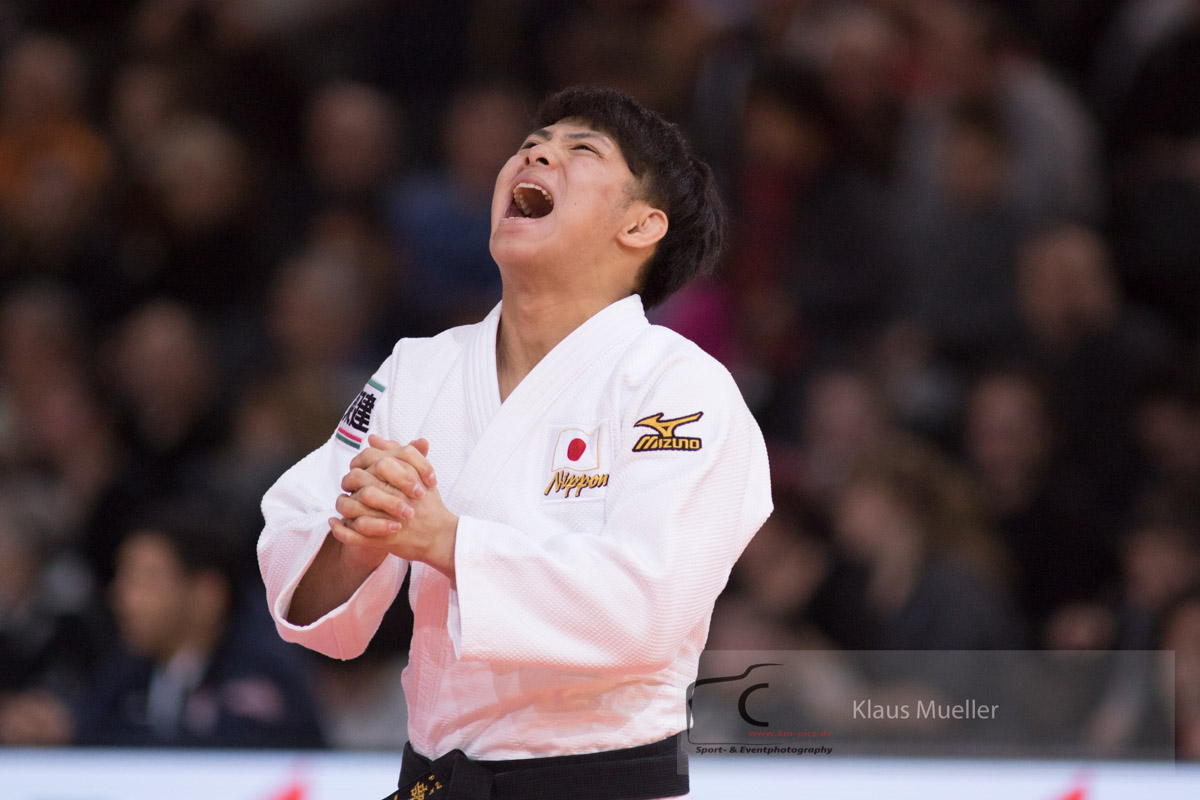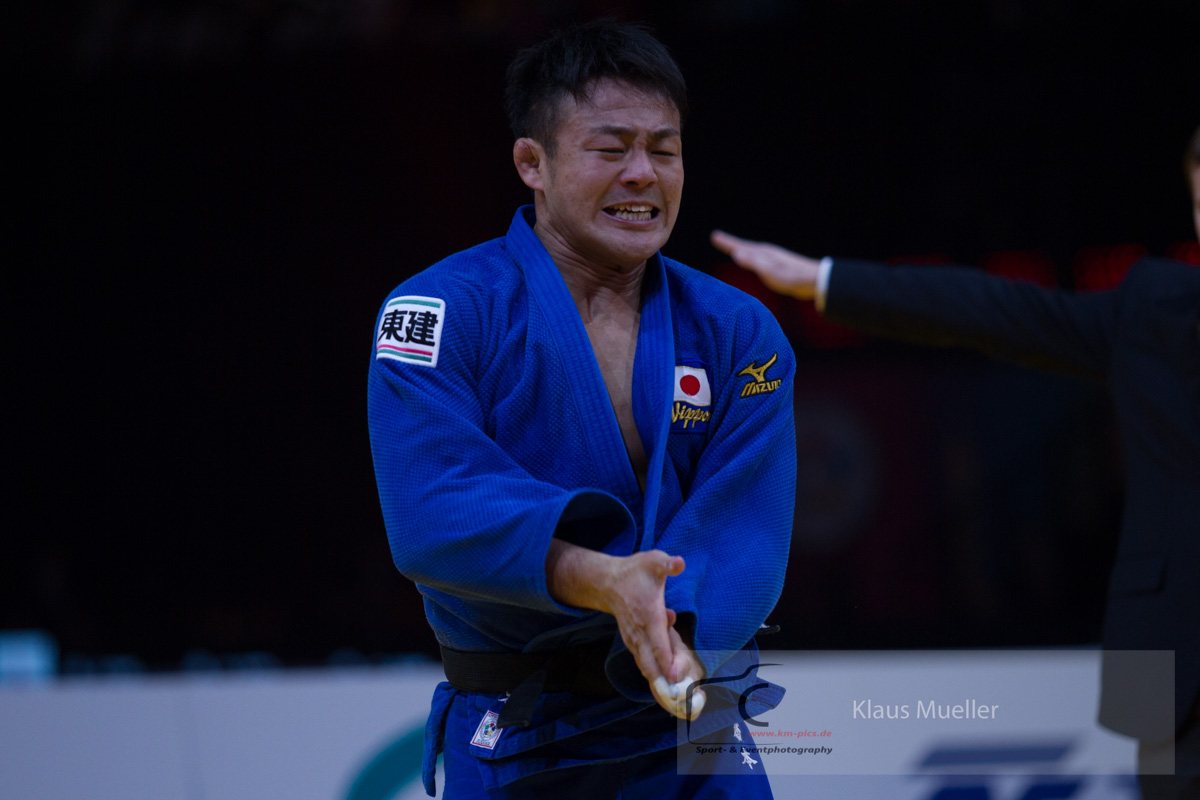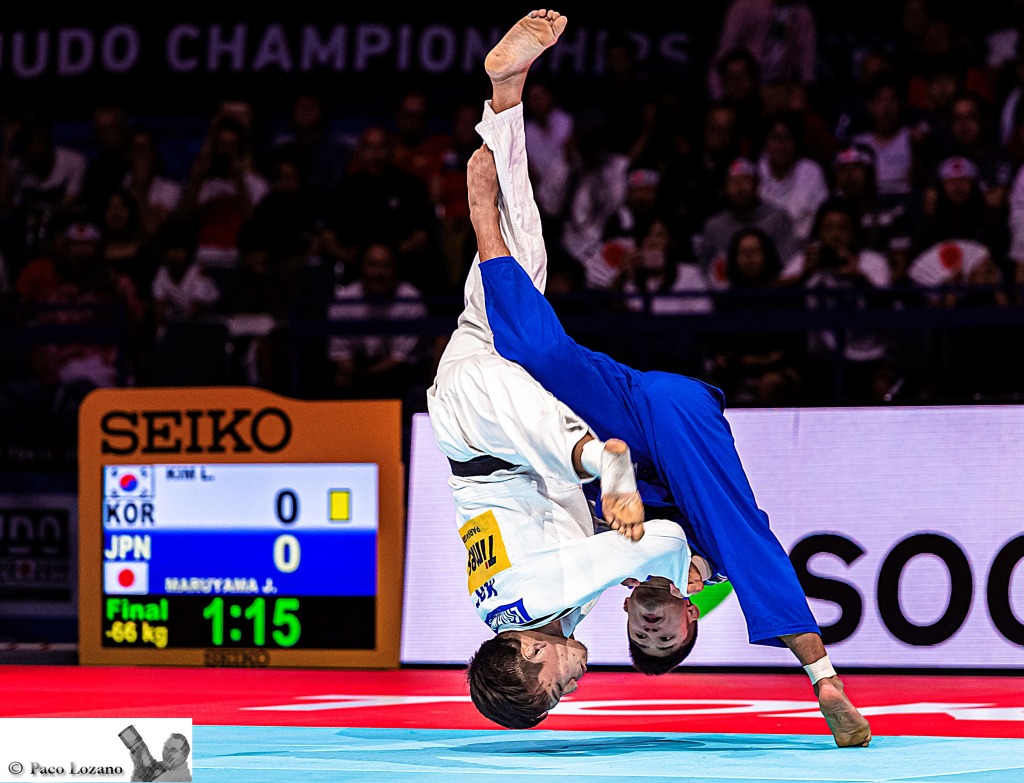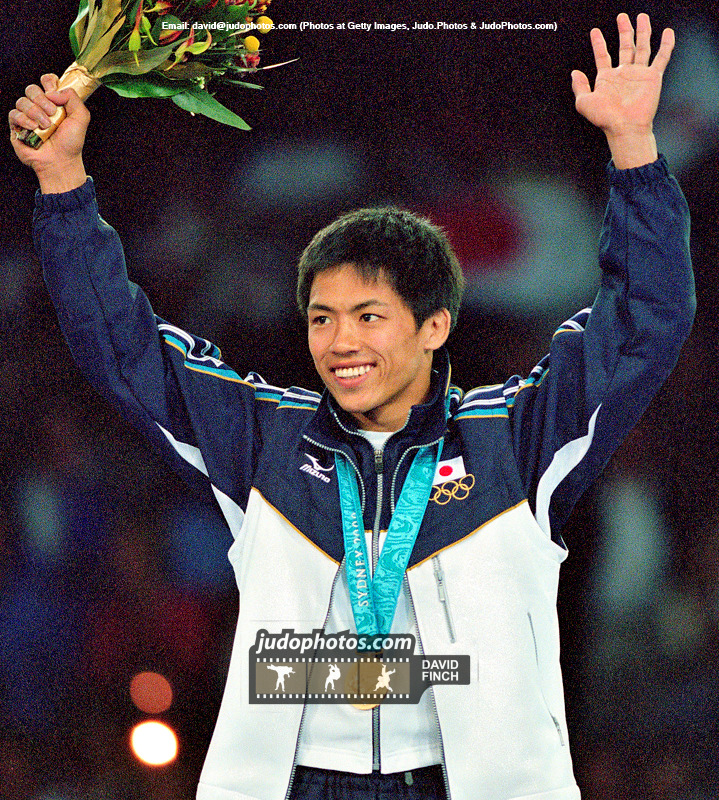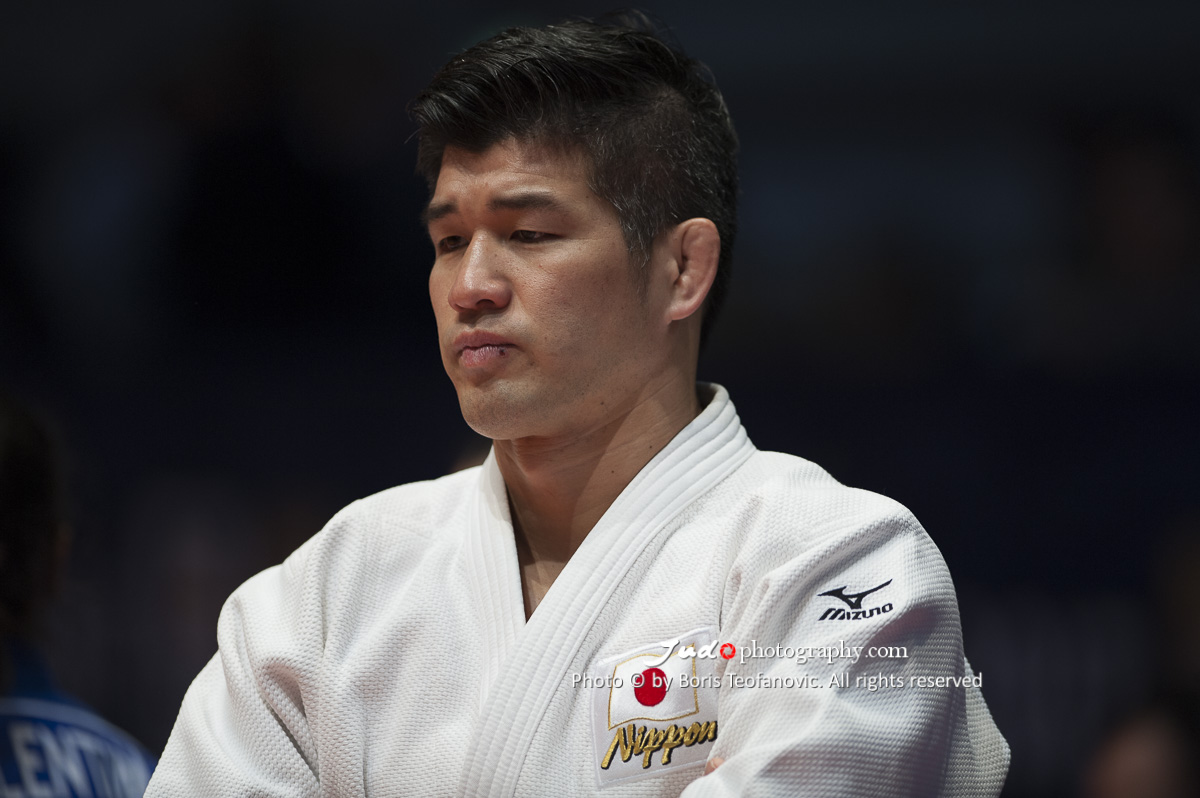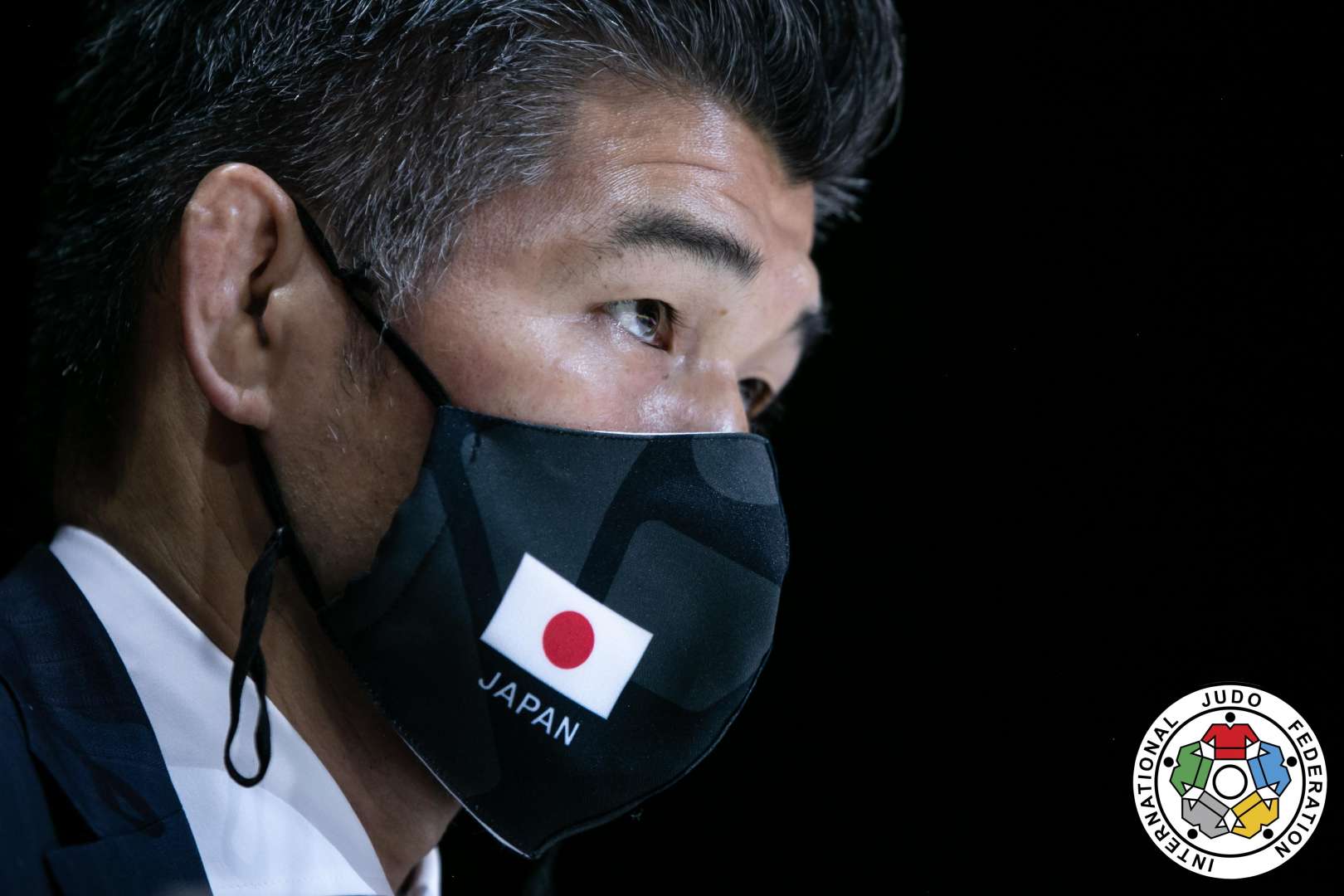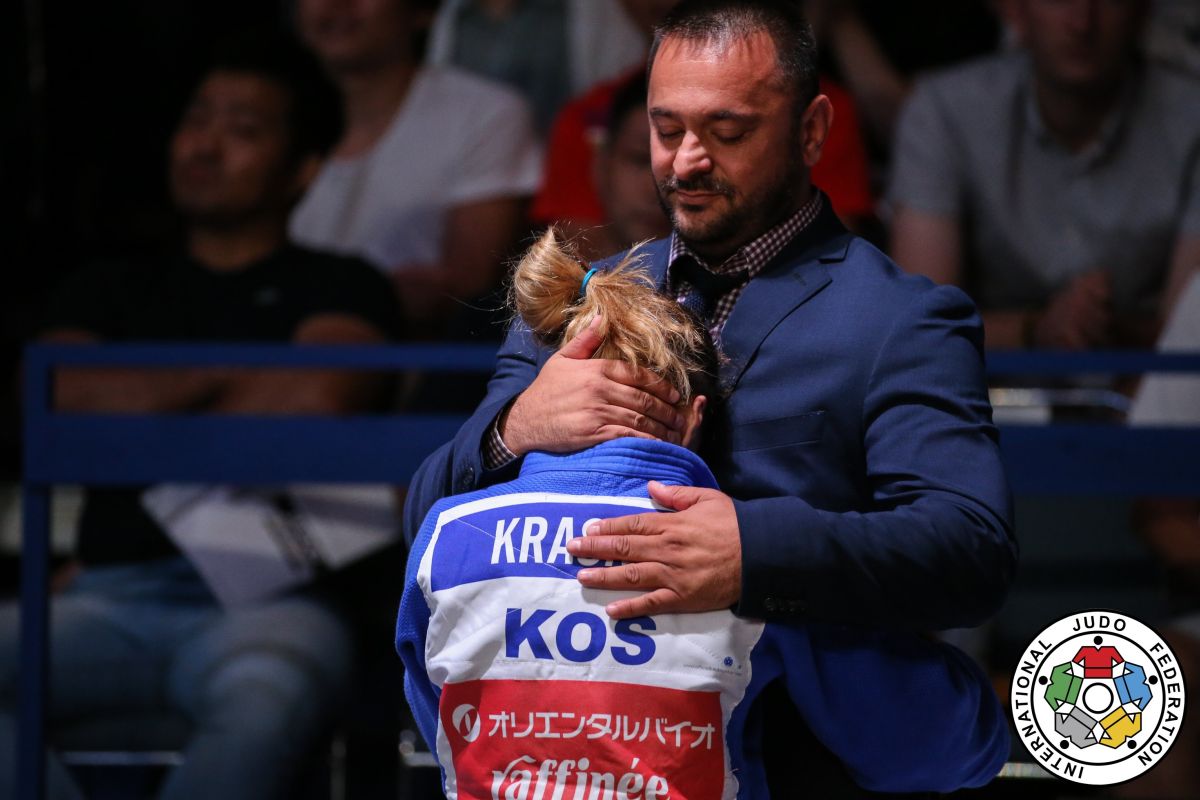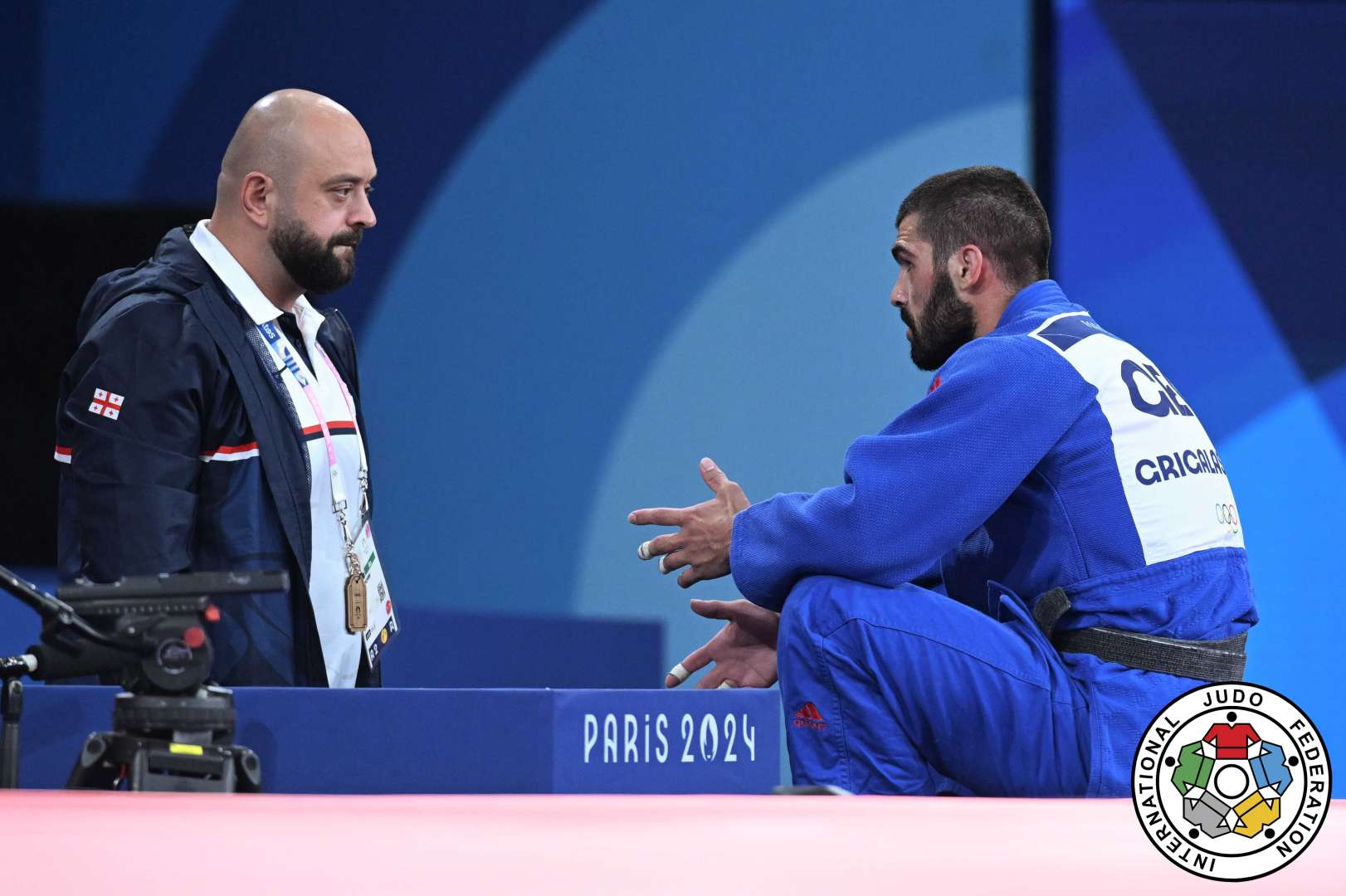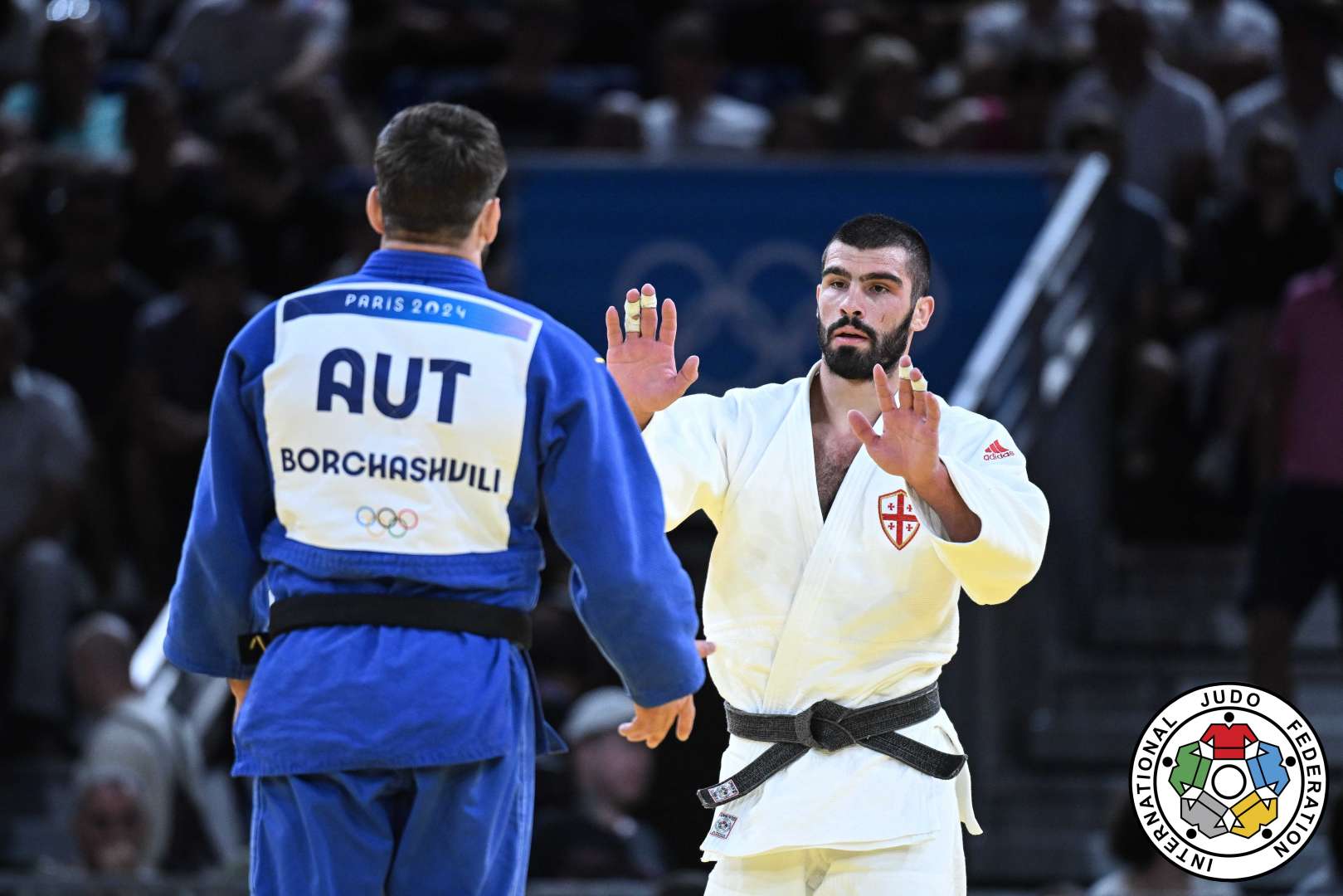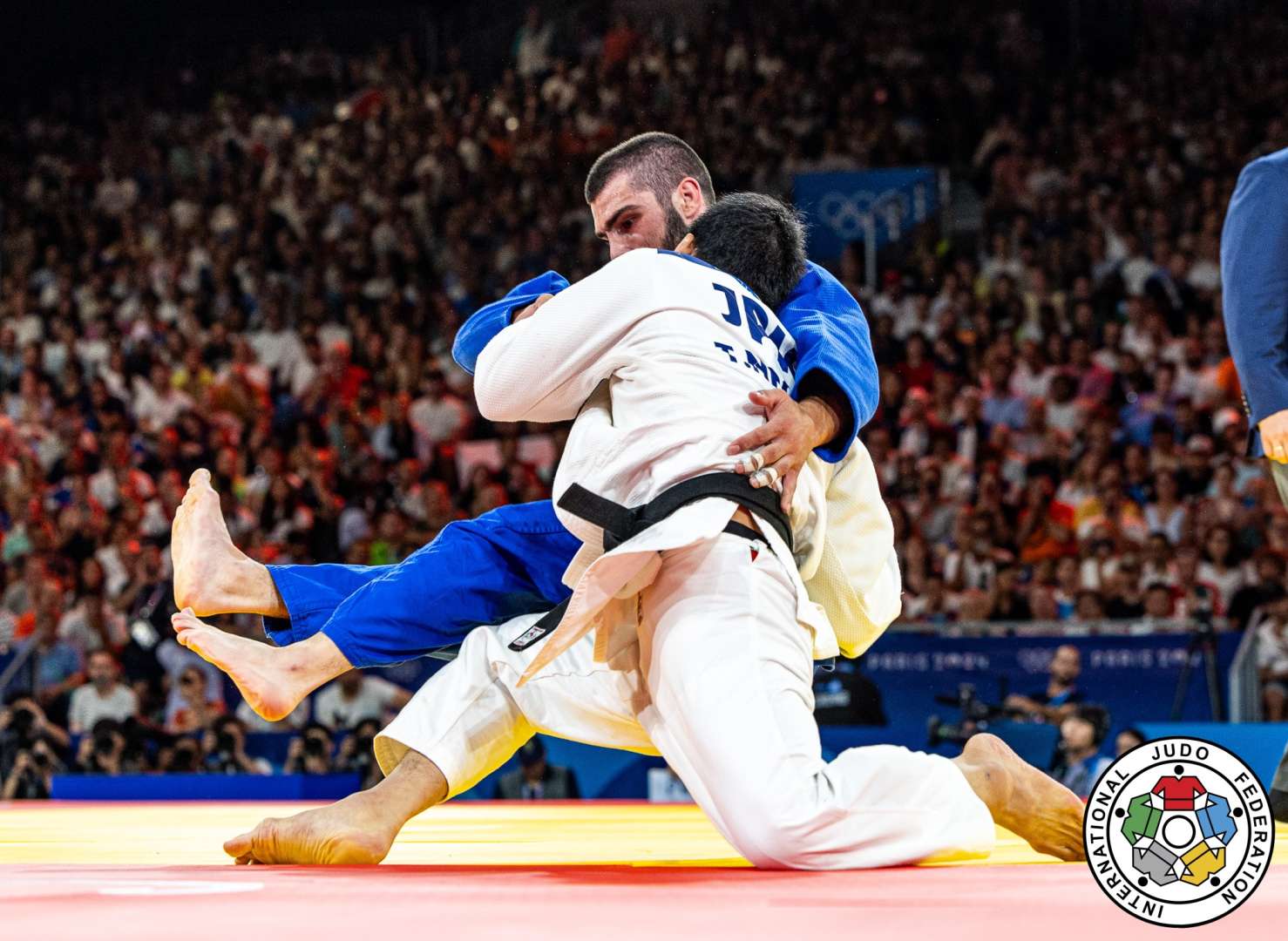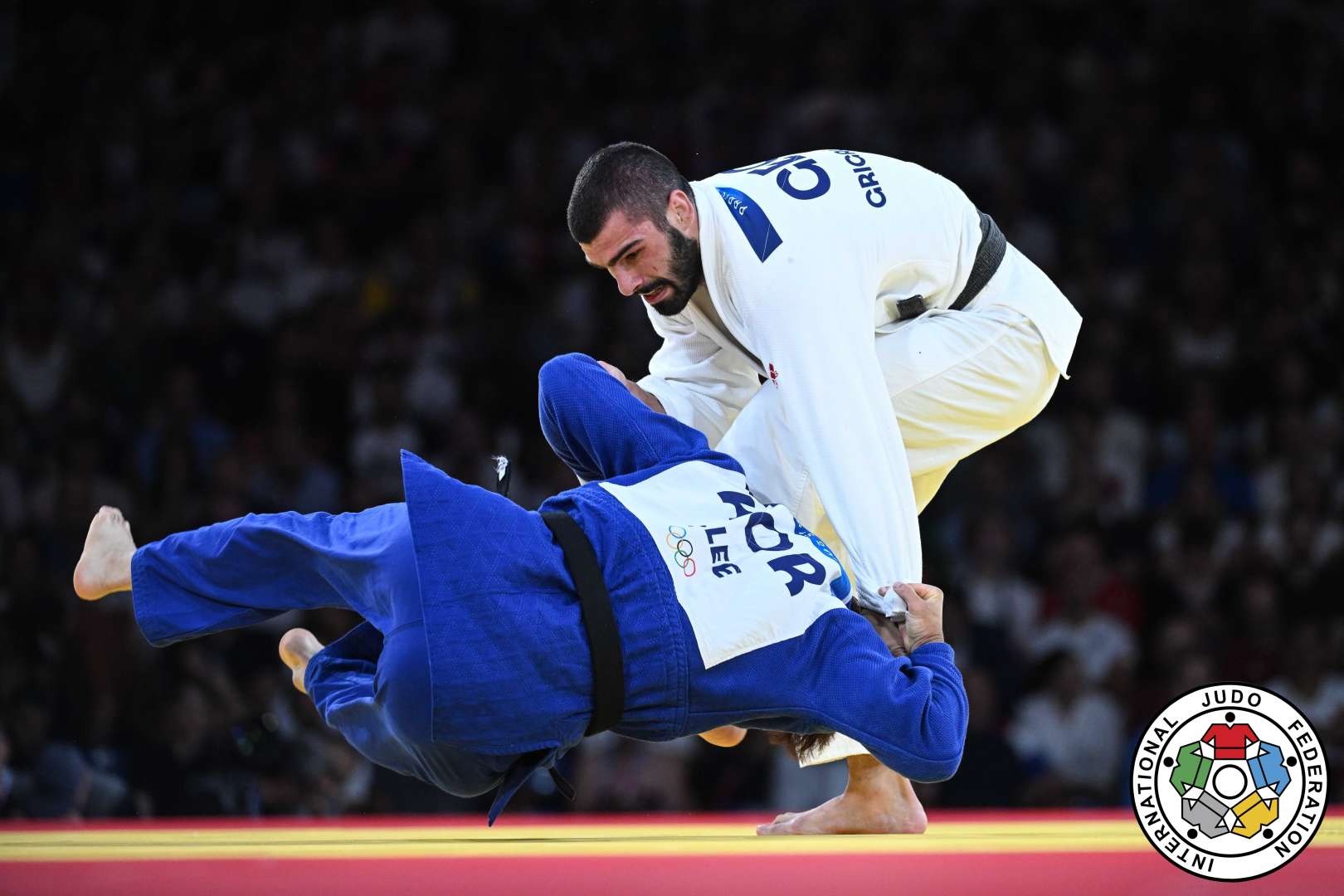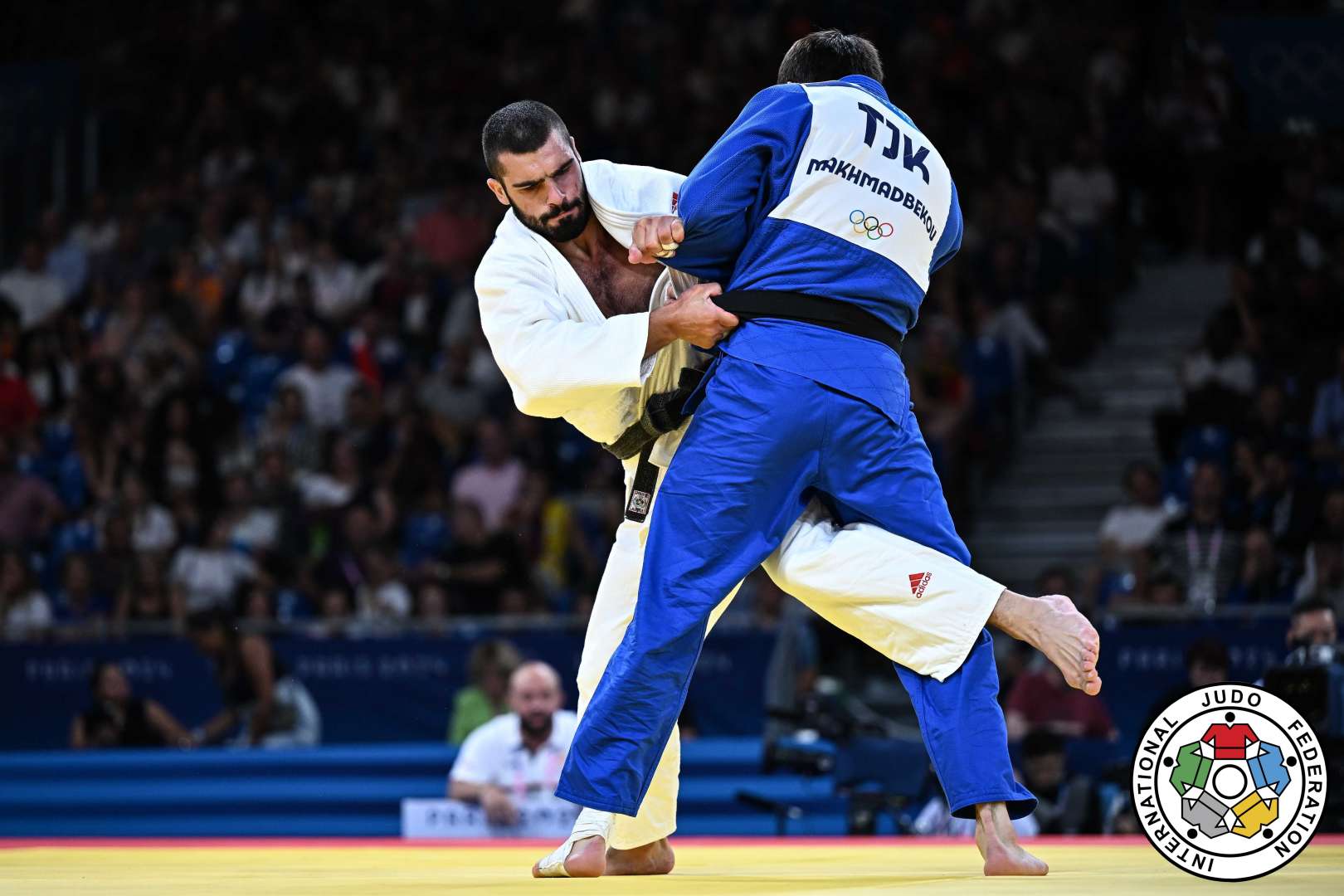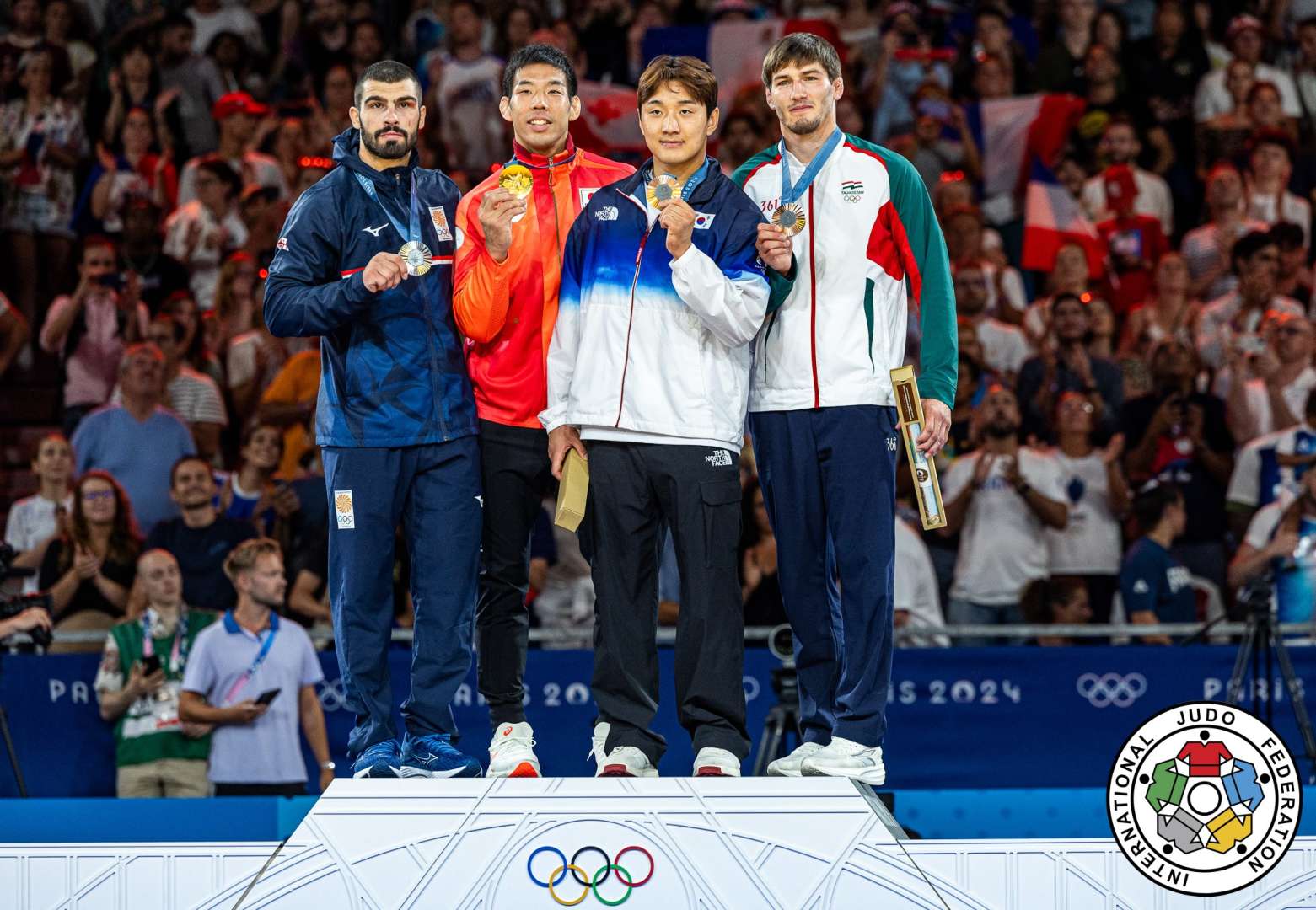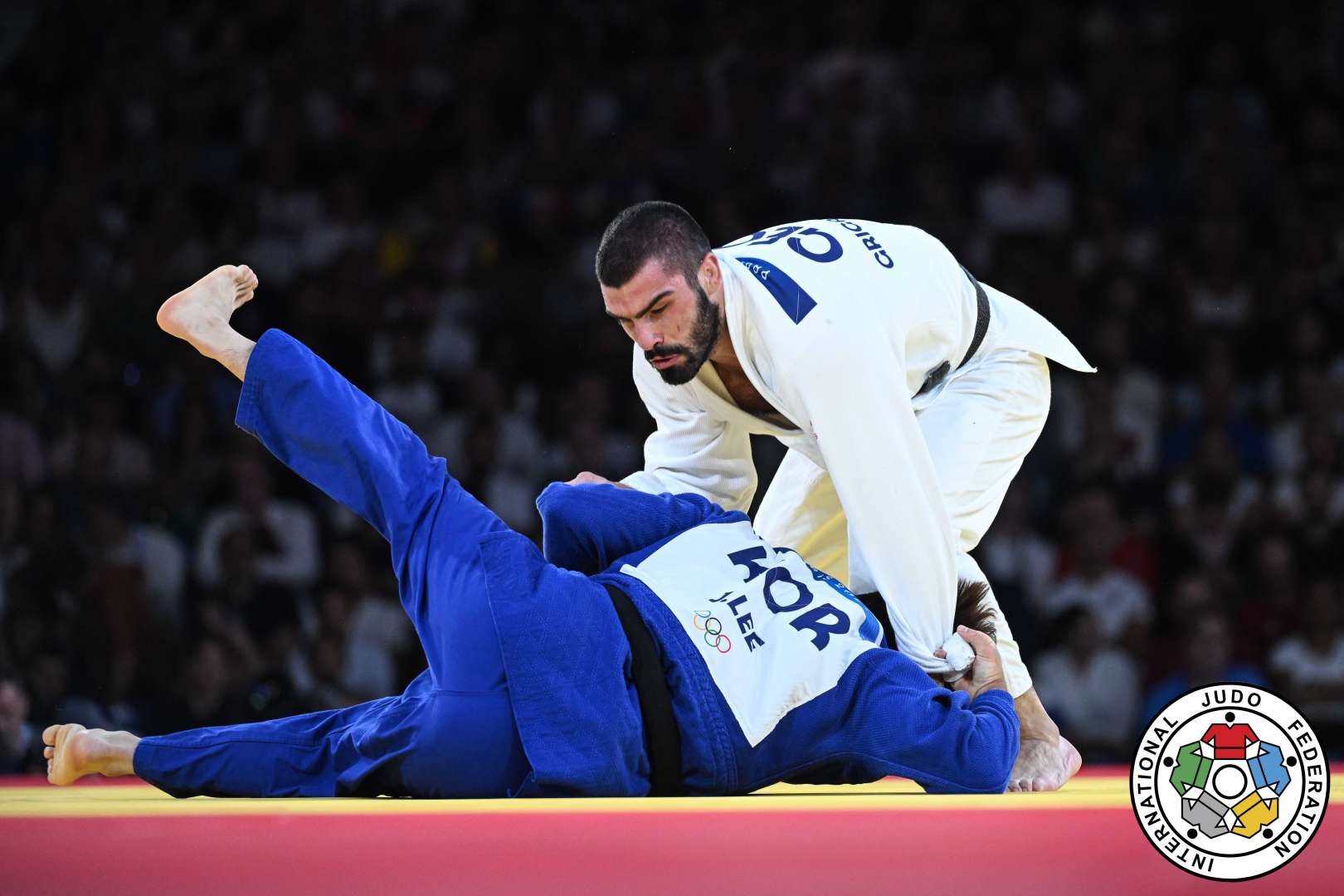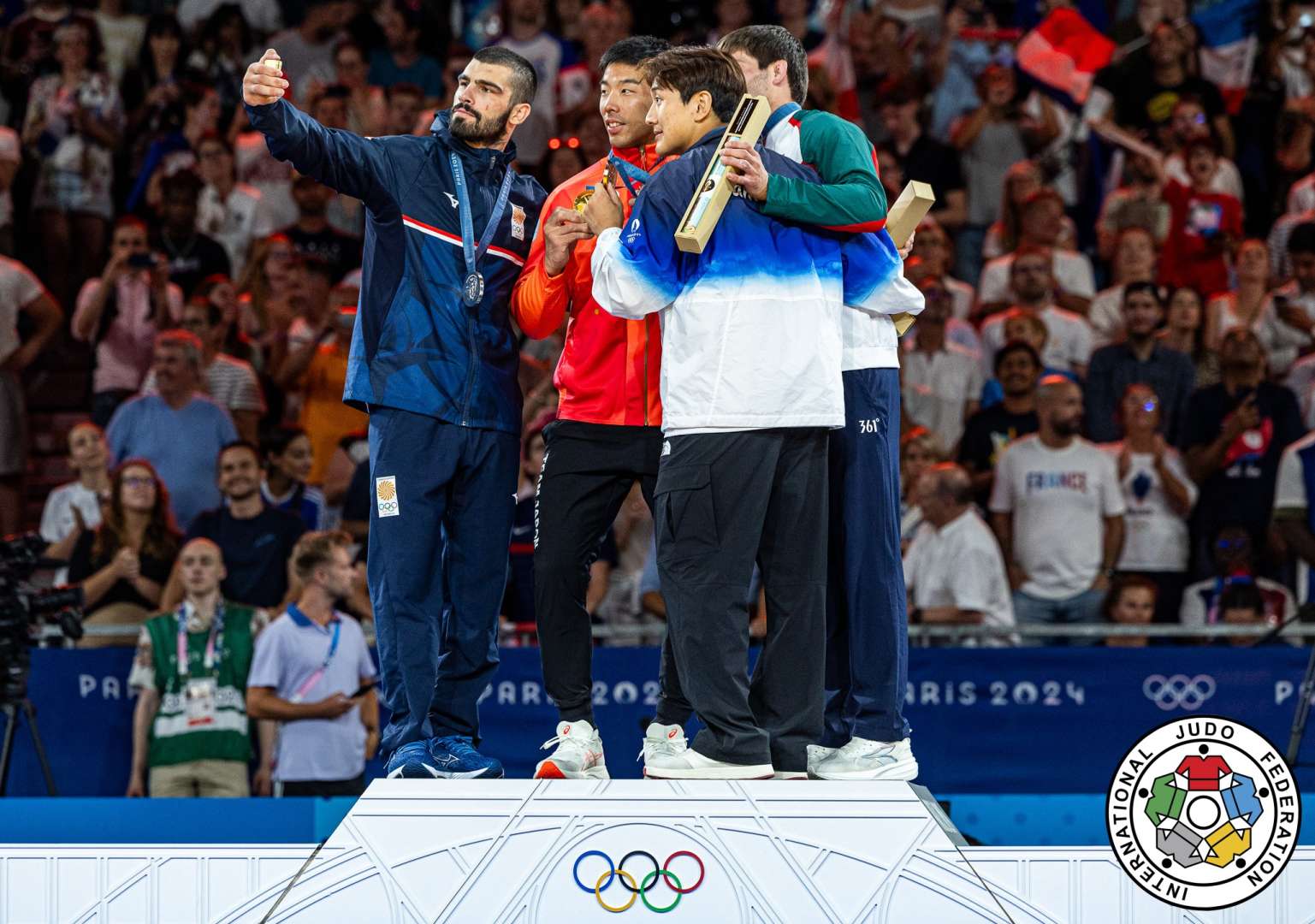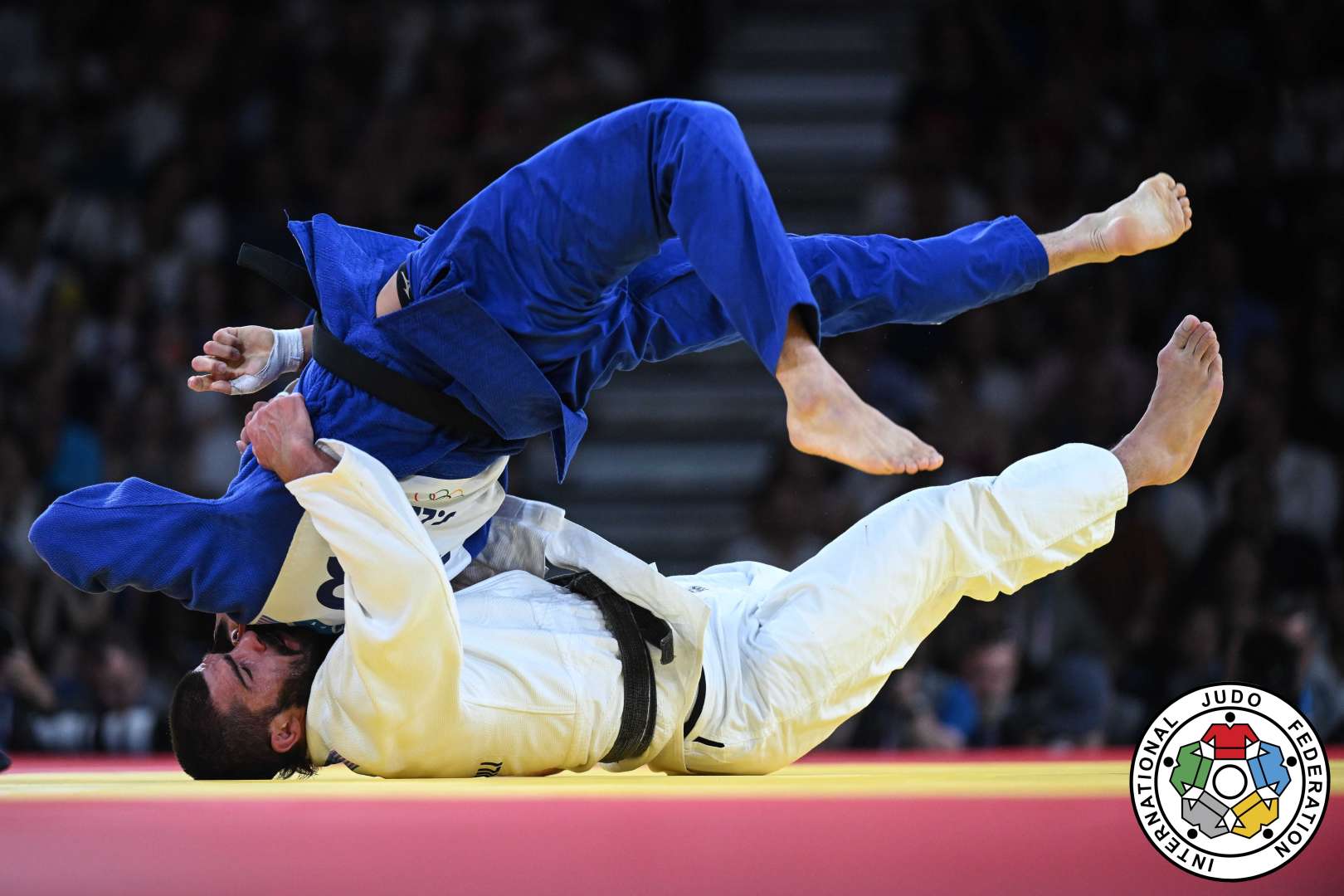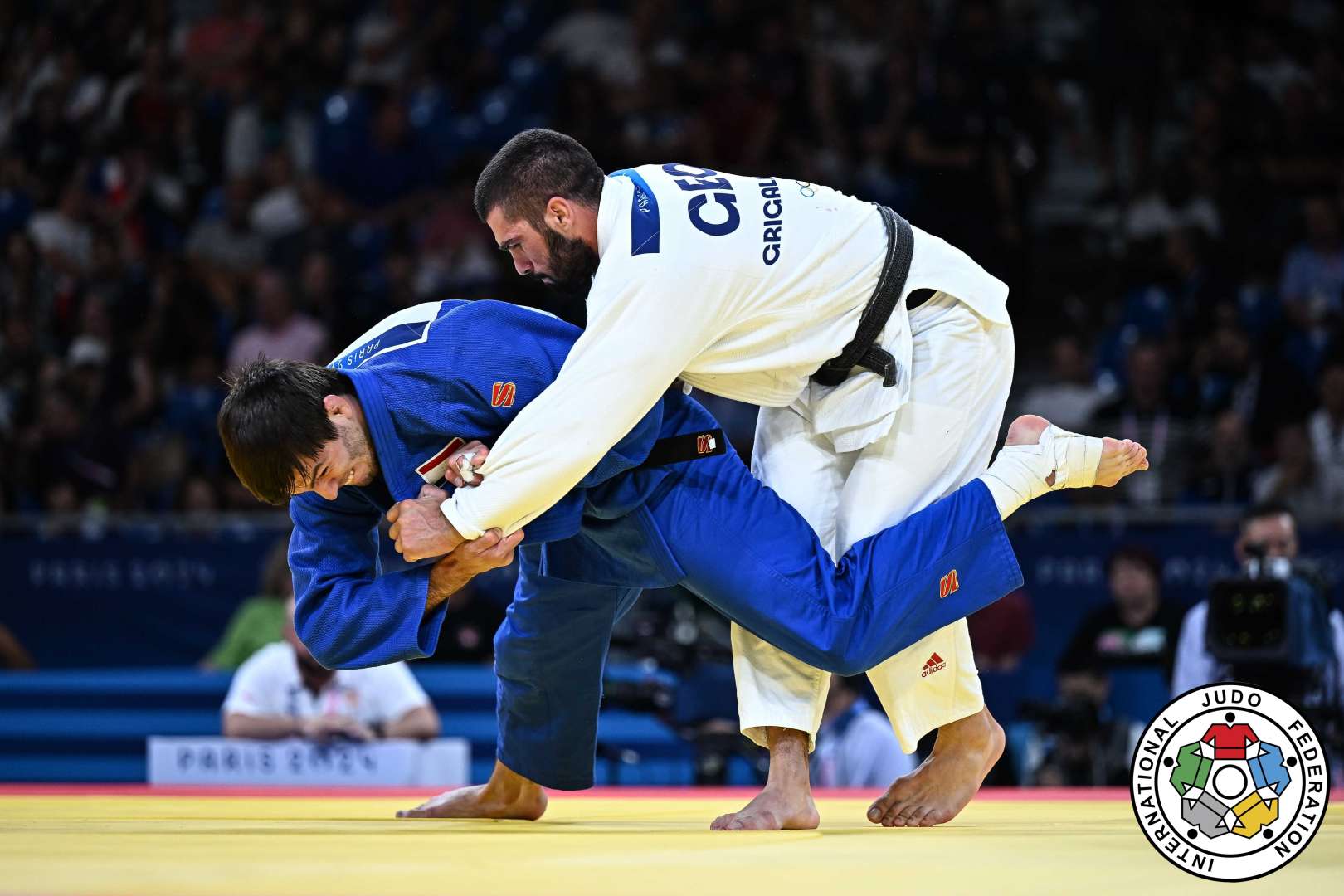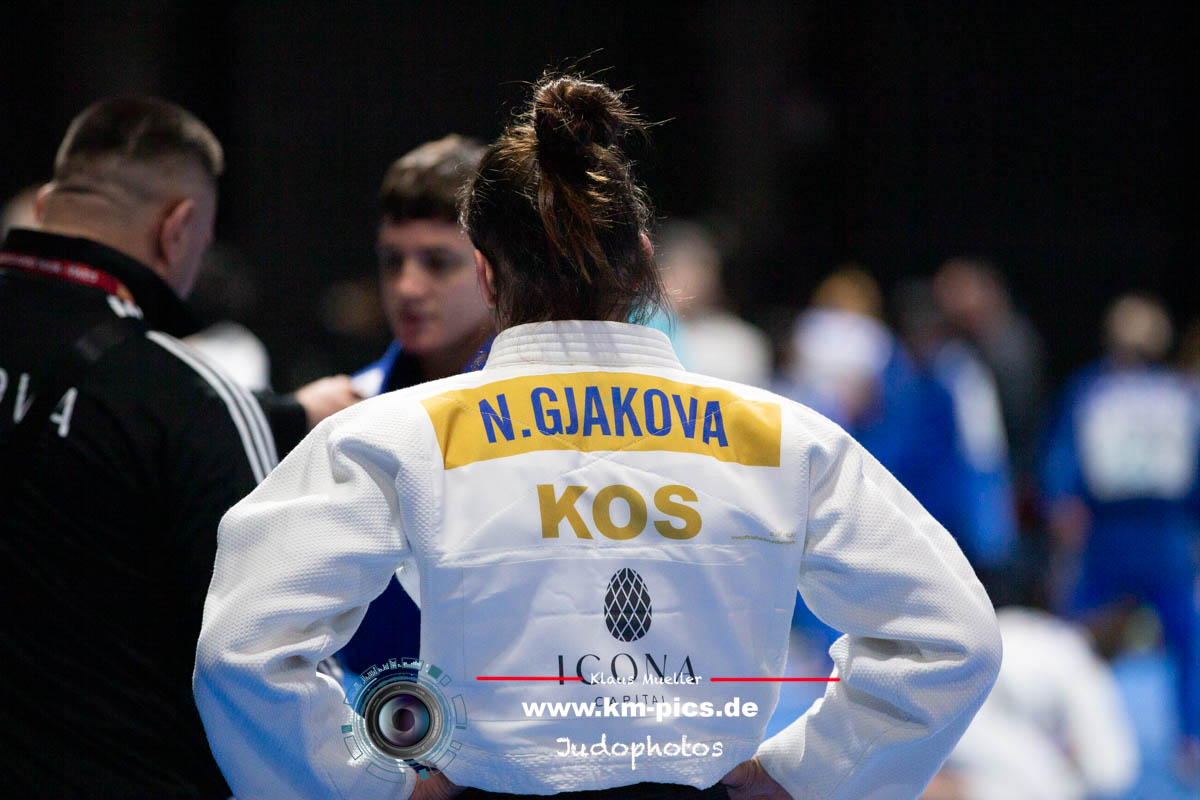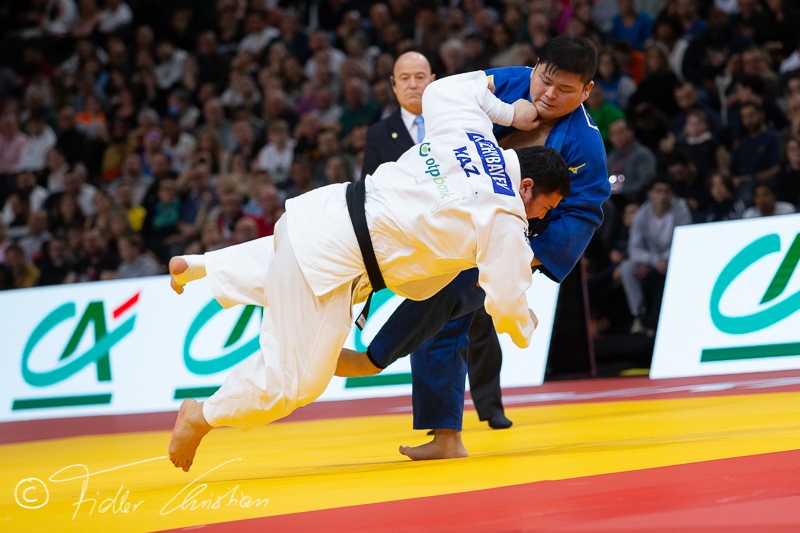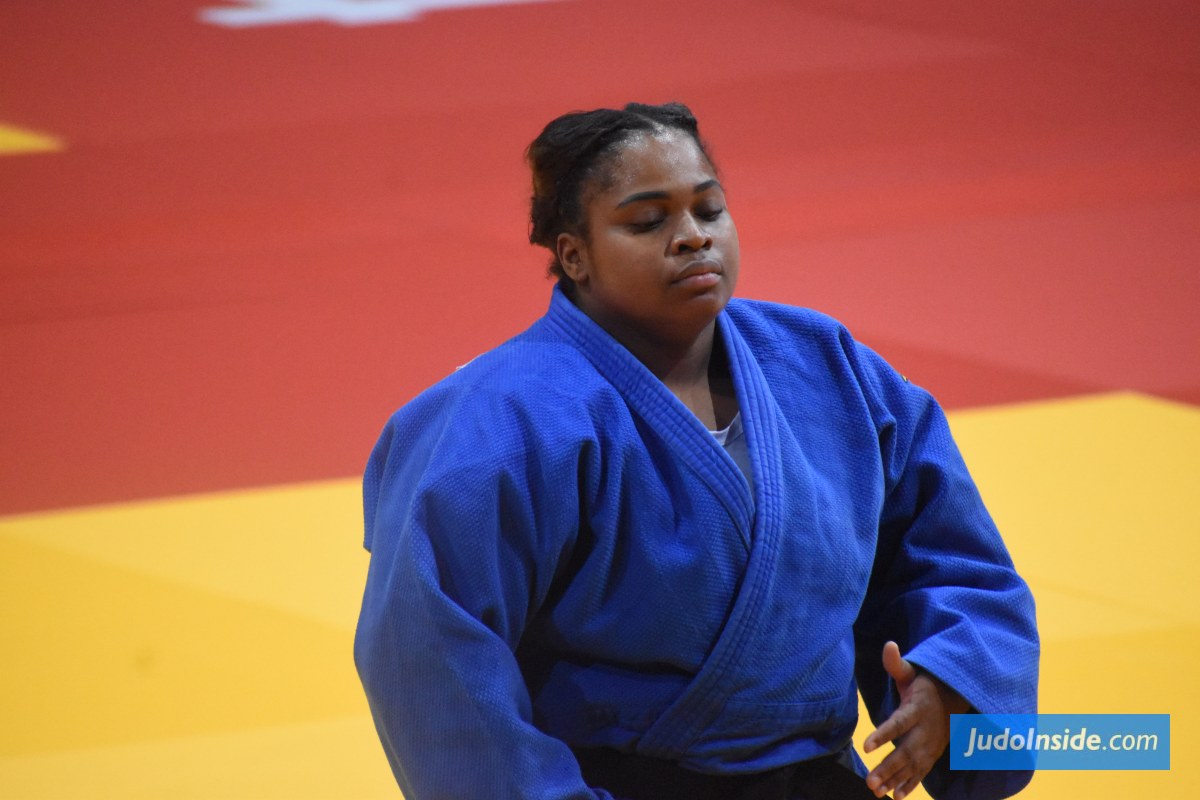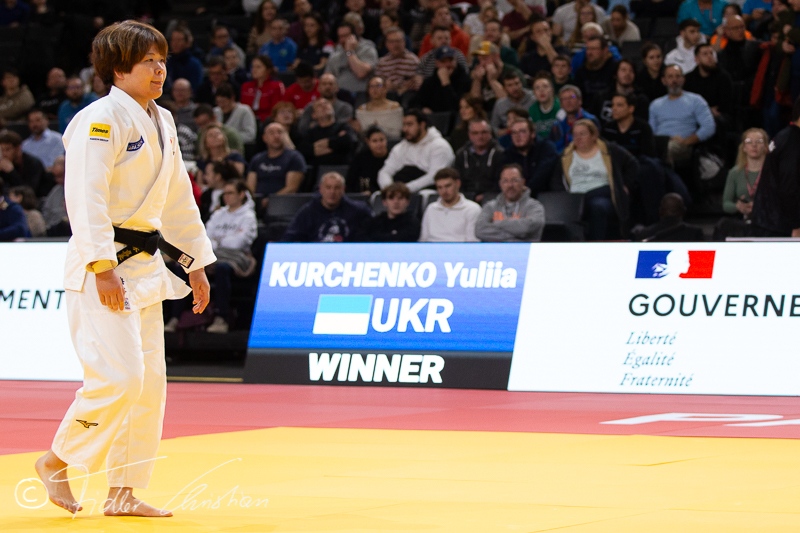Japan benefits from new rules in judo

 14 Feb 2017 13:55
14 Feb 2017 13:55
 The Yomiuri Shimbun
The Yomiuri Shimbun
 Klaus Müller / Watch: https://km-pics.de/
Klaus Müller / Watch: https://km-pics.de/
Rule changes recently adopted by the International Judo Federation to make the sport more exciting, as well as more understandable to the casual fan, made their debut at last weekend’s Paris Grand Slam. If the results from that tournament are any indication, Japan seems to benefit from the modifications with the 2020 Tokyo Olympics looming three years away.
With the new rules motivating the competitors to score with big throws that result in ippon victories, Japan collected seven of the 14 gold medals at stake in Paris, two more than the nation won last year.
“The new rules will produce vastly different results for the competitors with good technique and those without,” Japan national team coach Kosei Inoue said. “I’m sure the athletes from other countries will gradually get used to it, but we can create a team that will win out.”
The main changes were the elimination of the yuko score and the ippon formed by a combination of two waza-ari, and the shortening of the men’s matches from five minutes to four, the same as for women.
“It feels like if you take your time, you’re suddenly in overtime,” said Rio Olympic bronze medalist Naohisa Takato, who won the 60-kilogram title in Paris with all of his victories by ippon.
“With the matches shorter, the opponent engages in combat and it creates more chances to execute a throw. I think this is an advantage for Japan.”
Conversely, 66-kilogram champion Hifumi Abe was among those concerned about the lowering of the value of the waza-ari.
“No matter how many waza-ari you score, it no longer becomes an ippon, so there is always the danger of suffering a come-from-behind loss,” Abe said.
Another rule change lowered the number of cautions needed to result in disqualification from four to three. The judges seemed hesitant to issue warnings for fear of overdoing it.
Among the number of matches in which there was a mutual lack of action, one ended with the judge giving a caution to one side after the overtime period had dragged on for over three minutes. Still, the feeling is the rule promotes deciding a match through techniques.
“Even if you push to have the opponent receive a caution, [the judges] just aren’t calling them much,” women’s team coach Katsuyuki Masuchi said. “It’s very tough for one who aims to win by disqualification.”
In Paris, the number of matches decided by ippon increased slightly from the previous year.
As the IJF is aiming for a vast increase in ippon victories, the sport’s governing body will verify the effects of the rule changes following the world championships in August.
 like
like
 share
share

| Result | City | Date |
|---|---|---|
| 2 | Paris | 2024 |
| 1 | Abu Dhabi | 2024 |
| 1 | Zagreb | 2024 |
| 3 | Belgrade | 2023 |
| 2 | Montpellier | 2023 |
